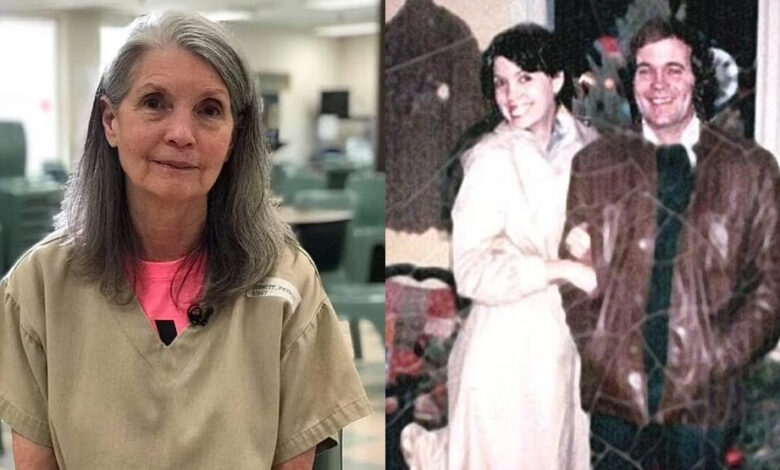75-Year-Old Grandmother Freed After 40 Years for Husband’s Murder Conviction in Questioned Trial
Patty Prewitt, a 75-year-old grandmother, has been released from prison after spending 40 years behind bars for the murder of her husband, a conviction that has long been criticized for its handling.

Patty Prewitt, a 75-year-old grandmother, has been released from prison after spending 40 years behind bars for the murder of her husband, a conviction that has long been criticized for its handling. Missouri Governor Mike Parson granted her commutation, allowing her to spend Christmas with her family, ending her status as the state’s longest-serving female prisoner.
Prewitt was convicted in 1984 for the murder of her husband, Bill Prewitt, who was found shot to death in their Holden, Missouri home. The case was notably criticized for being “sloppy and sexist,” with claims that the trial overlooked significant exculpatory evidence and relied heavily on what many described as circumstantial evidence. Prewitt had maintained her innocence throughout her incarceration, asserting that an intruder was responsible for her husband’s death.
The commutation came as part of a broader initiative by Governor Parson, who also granted nine commutations and 16 pardons on the same day. Prewitt’s release has been celebrated by her family, with her expressing gratitude for the support she received over the years. “I am so grateful to be home with my family for Christmas,” Prewitt stated, highlighting the joy of reuniting with her five children and thirteen grandchildren.
The trial’s proceedings were marred by several issues, including the dismissal of Prewitt’s account of an intruder attacking both her and her husband, and the exclusion of testimony from her children who supported her innocence. Critics argue that the investigation was too narrow, focusing solely on Prewitt despite the presence of potentially exonerating evidence like cut phone lines and power shutoffs the night of the murder.
This case has reignited discussions on the justice system’s treatment of women in court, especially in relation to the death of their spouses, and the need for a thorough re-examination of long-standing convictions. Prewitt’s release does not exonerate her legally but offers a chance for her to live out her remaining years outside prison walls, sparking a broader conversation on clemency, wrongful convictions, and the reliability of trials conducted decades ago.




